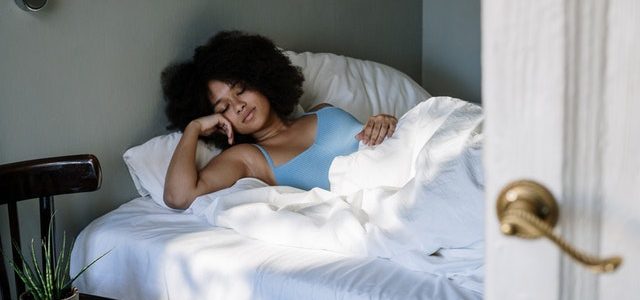
11 Tips for Better Sleep Checklist
Tonight’s the night you start sleeping better. According to WebMD, use these 11 tips to get set for great sleep in 2021.
- Keep your room quiet and dark. Use earplugs to cut noise. Keep out light with window blinds, heavy curtains, or an eye mask. Move any electronic devices out of your bedroom, or turn them off. Even the LED or LCD lights on TVs, tablets, and music players in your bedroom can hamper sleep. Don’t turn on bright lights if you need to get up at night; use a small night-light instead.
- Eat like a bird. Avoid large meals within 2 hours of bedtime. If you are hungry, try a glass of milk. A natural chemical in milk, L-tryptophan, may help you sleep.
- Time your sleep right. Go to bed at about the same time every night. Try not to nap late in the afternoon. If you do nap, keep it short, just 10 to 15 minutes. A good time to nap is about 8 hours after you wake up.
- Calm down before bedtime. Stop working on any task an hour before bedtime, especially those that include computers and devices. Try to keep your mind off worries or things that upset you once you’re in your bedroom. Avoid talking about emotional issues in bed.
- Leave Fido and Fluffy out of the bedroom. If your pet moves around on your bed, you may wake up. Pets also can affect sleep if they contribute to any allergies you have.
- Keep your cool. A good temperature for sleep is above 54 degrees Fahrenheit but below 75 degrees.
- Save your bedroom for sex and sleep only. You might want to do other tasks in the bedroom, especially if you can’t sleep. Instead, go into another room and read a book until you feel sleepy.
- Practice relaxing. Flexing your muscles, imagining a calming scene, or meditating can help you unwind and get ready to sleep.
- Don’t smoke. Nicotine is a stimulant, which can keep you up. So reaching for a cigarette near bedtime or in the middle of the night can ruin sleep.
- Stop having caffeine 4-6 hours before bed. That includes coffee, cola, tea, and chocolate, and some over-the-counter medications, too. Cut back on caffeine gradually to help prevent headaches.
- No nightcaps. Alcohol may make you feel sleepy, but it doesn’t make for a good night’s sleep. As your body processes the alcohol, you may wake up more easily.
If you are still having trouble sleeping after putting these ideas to work, tell your doctor about it.
